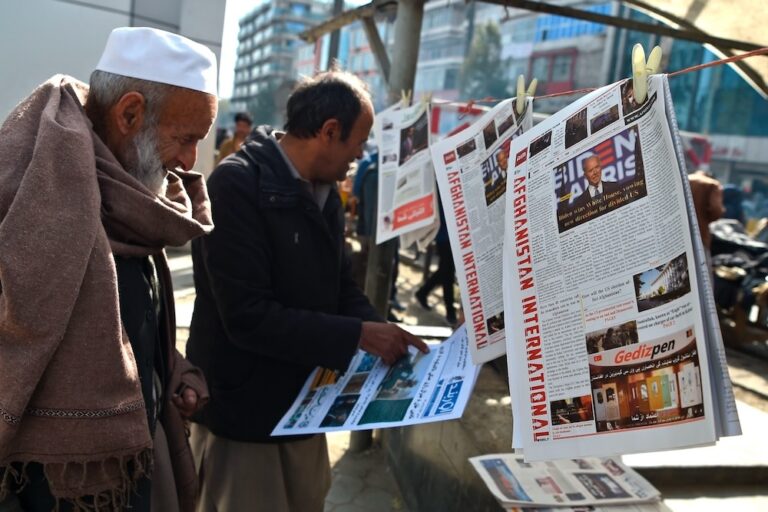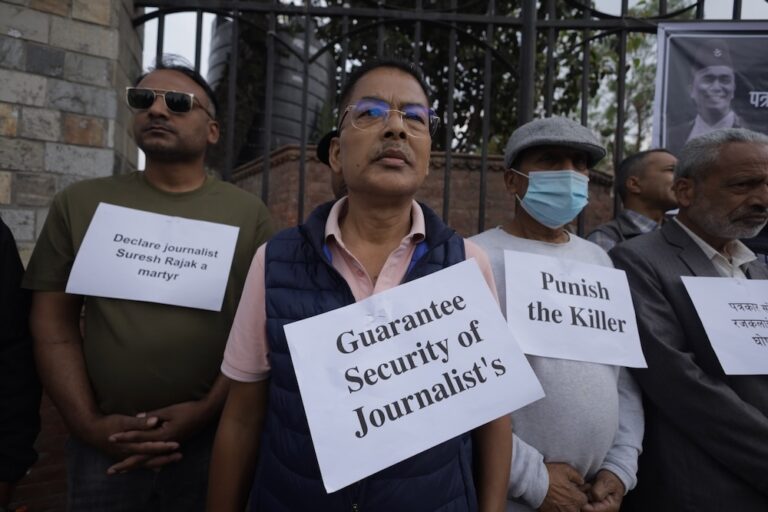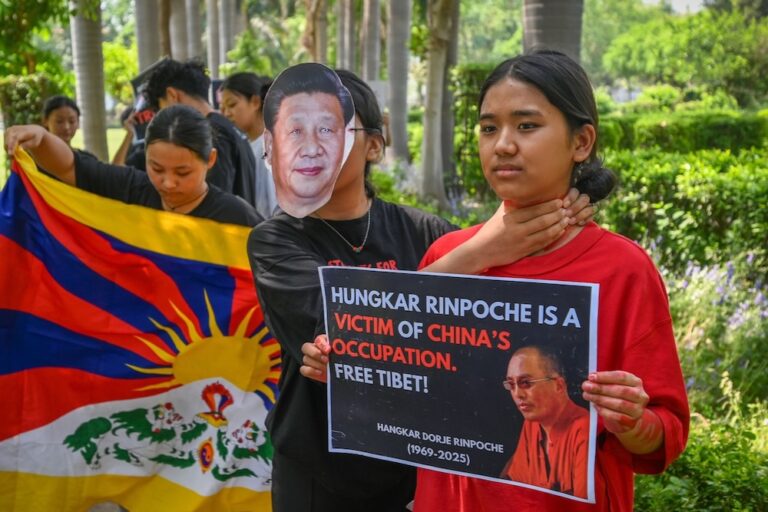Online news content is developing rapidly and the Southeast Asian community needs to "look at democratisation of freedom of expression as a common agenda," said the SEAPA president.
(SEAPA/IFEX) – 27 September 2011 – Online news content is developing rapidly and the South-East Asian community needs to “look at democratisation of freedom of expression as a common agenda”, said SEAPA President Kavi Chongkittavorn at the 22 September conference hosted by SEAPA and the Society for Online News Providers (SONP). The online media in South-East Asia continues to face censorship and legal restrictions limiting freedom of expression.
Members of the online news community gathered together in a regional conference to discuss the situation and future of new media in South-East Asia. The conference, entitled “Technology and Trends of New Media Content Development” was held in Bangkok, Thailand and included visiting speakers from Vietnam, the Philippines, Indonesia and Malaysia. Online journalists, editors, and developers, as well as academics in the field were present.
Despite state promises, laws can still be used to harass journalists and stifle online freedom of expression, said Kuek Ser Kuang Keng from malaysiakini.com. The government has followed a pattern of intimidation and politically motivated persecution of critics of the ruling party. Recent cases against Malaysiakini itself, in which it was charged for posting a citizen’s video on its blog, and ordered to hand over the details of one of its anonymous readers, have raised issues of source protection and intermediary liability. There is a possibility for legal reform in Malaysia, he said, but in order to achieve this, the online community needs an “effective, independent, united and representative body” to fight for their right to freedom of expression.
Creating a coalition of online news providers in the Association of South-East Asian Nations (ASEAN) was one of the main topics discussed. Coverage of regional countries’ issues is important to provide a sense of community, said Chavarong Limpattamapanee, president of the Thai Journalists’ Association. This coverage must have concern for the culture and politics of our neighbours. Treatment of human rights issues is particularly essential to giving a balanced news perspective.
The state of Thai law regarding the online media was also examined, particularly in relation to Freedom House’s press freedom ranking downgrade of the country from 124th to 138th. Paiboon Amornpinyokiat, legal advisor to SONP, emphasised that rankings such as these needed to be based on factual reporting, and that the number of cases against journalists had been exaggerated by the foreign press. Journalists operating in Thailand have a certain amount of protection under Provision 329, which acknowledges the people’s right to know the truth, but must still be mindful of defamation and lese majeste laws.
Paolo Ferrer, of GMA News, demonstrated innovative techniques such as a map interface for citizen reporting of election violence in the Philippines. Online media offers new opportunities in the field of content generation. The important thing for news providers is to create a two-way relationship or ‘conversation’ with the consumer. Social media like Twitter and Facebook are an effective method of harnessing the power of citizen reporting and creating new and dynamic online content.
However, in countries like Vietnam no restrictions are placed on copying online content, said Le Thu Luong of VietNamNet.com. Here a new generation of “salon journalists” is being created – journalists who use other news articles as convenient sources, sometimes copying entire stories, rather than doing their own investigative reporting. Online censorship and database hacking is also an important issue for news websites in Vietnam. Thu Luong called for the press law to be brought into line with international conventions protecting the exclusivity of online content.
A hot topic of discussion was the transition to a “paperless society” and the disappearance of conventional print media. Nirand Yaowapa, of manager.co.th, said that ten years was a possible time frame for the phasing out of paper media, but that news providers should be prepared for it to happen sooner. Lower rates of internet and smartphone penetration for some countries in the region will pose a difficulty. Online providers must also examine the relative benefits of online subscription versus advertising revenue; monetising news websites is a crucial step to a sustainable business model.
New technologies that allow us to receive information are creating a ‘media convergence’, said Chutintra Wattanakul of the Nation. Already, smartphones are an integrated part of daily life, and the tablet is the next step in the way we read news media. Content needs to be made available in every format, and tailored to the way the consumer wants to read. Rather than traditional newspapers perishing, they must “adapt or die”, she said.
“What happens in one country affects all of the countries in the region”, said Kavi Chongkittavorn. Online providers around South-East Asia face many similar challenges and can share common experiences and practical solutions. Creating a regional alliance of online news providers will help to ensure the free flow of information in South-East Asia.


